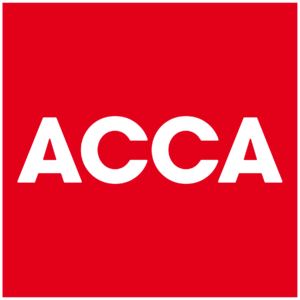Latest Industry News
32 million people will pay less income tax than in 2015-16, after the government’s Finance Bill 2018-19 received Royal Assent yesterday (12 February 2019), paving the way for measures from last year’s Budget to be introduced in the spring.
Financial Secretary to the Treasury, Mel Stride, said:
The country can be proud of its hard work.
The government’s balanced approach since 2010 has produced a stronger, fairer economy in which people and businesses can thrive. With wages growing at their fastest pace in over a decade, the income tax changes in the Finance Act will ensure that people can keep more of their hard-earned cash.
This Finance Act 2019 comes in against a backdrop of the highest wage growth in a decade, a deficit cut by four fifths since 2010, and nine consecutive years of growth.
A basic rate taxpayer will pay over £1,200 less income tax than they did in 2010, thanks to the government’s changes, giving people more help with the cost of living.
As well as cutting taxes for millions of people a year earlier than planned, fuel duty has been frozen for a ninth year in a row, and beer, cider and spirits duty have also all been frozen.
The act means first-time buyers will be eligible for relief from stamp duty on shared-ownership homes, to help them realise their dream of owning their own homes.
And businesses will benefit from a new capital allowance for qualifying non-residential structures and buildings and an increase to the Annual Investment Allowance to £1 million for two years – helping to maintain our economic success by increasing investment and productivity.
Finally, the government’s commitment to a fair and sustainable tax system is further realised in this Finance Bill, through making individuals or entities that reduce their tax bill by holding intangible property in low-tax jurisdictions liable to pay the tax they owe in the UK, making non-residents liable for capital gains tax on the sale of all immovable UK property, and introducing rules to prevent firms fragmenting profits between unrelated entities to avoid tax.
This article contains public sector information licensed under the Open Government Licence v3.0. This article first appeared on the Gov.uk website. View the original article HERE.
For tailored advice on how to best manage your personal and business finances, get in touch with us today and find out about how CBHC can help you do more with your money.








